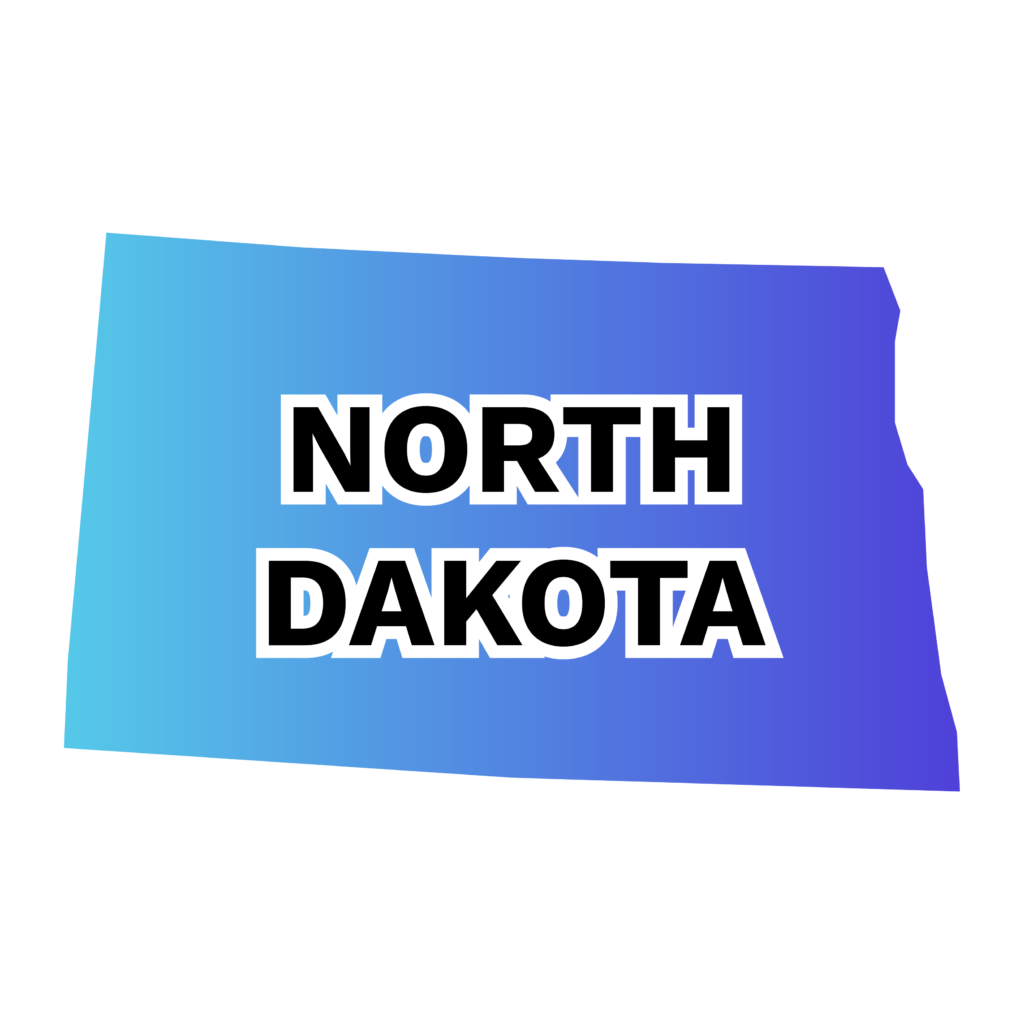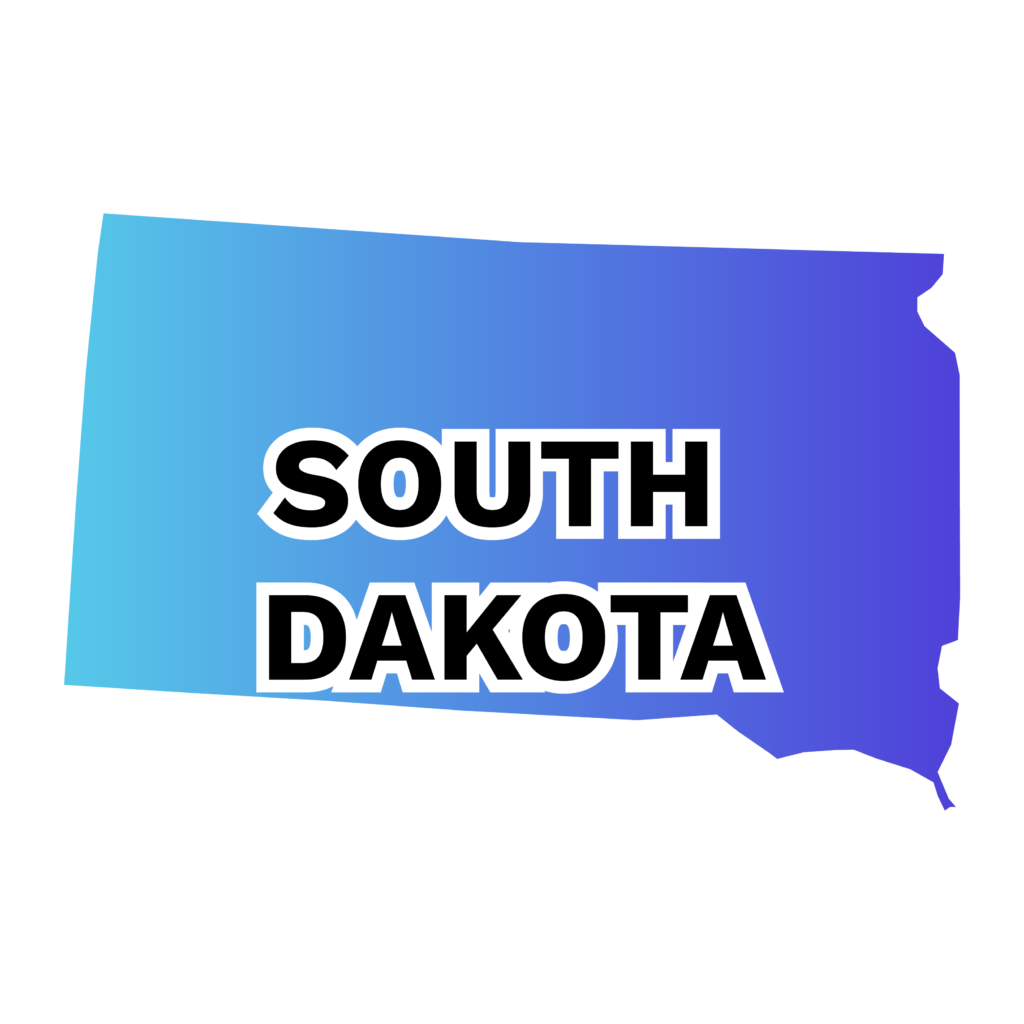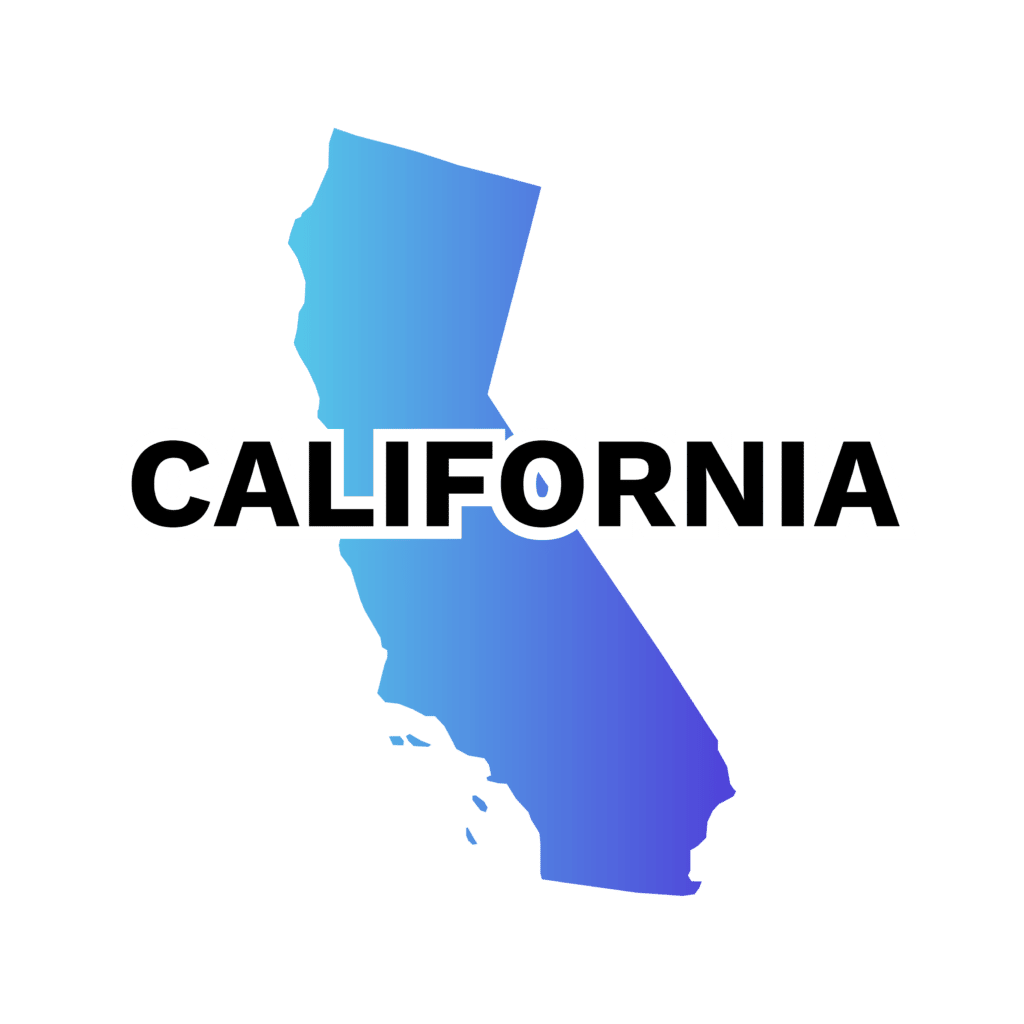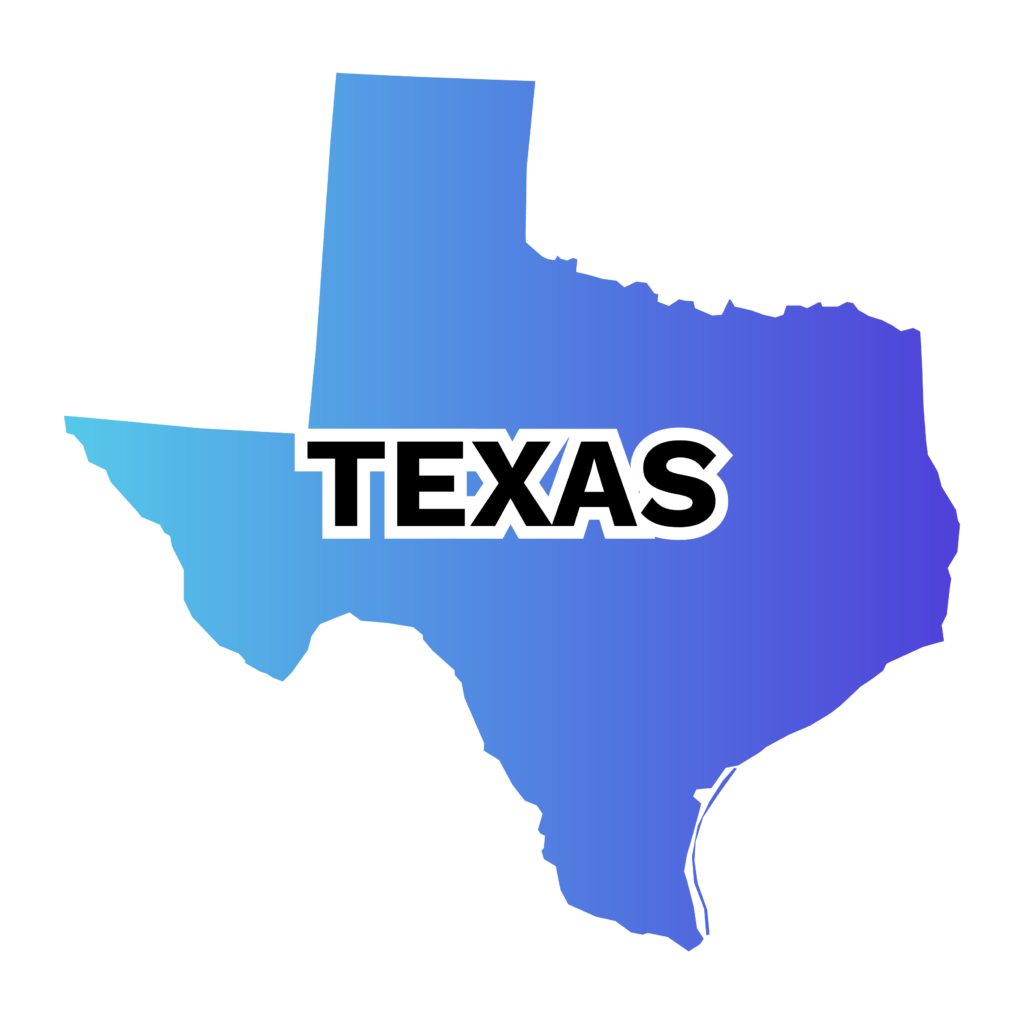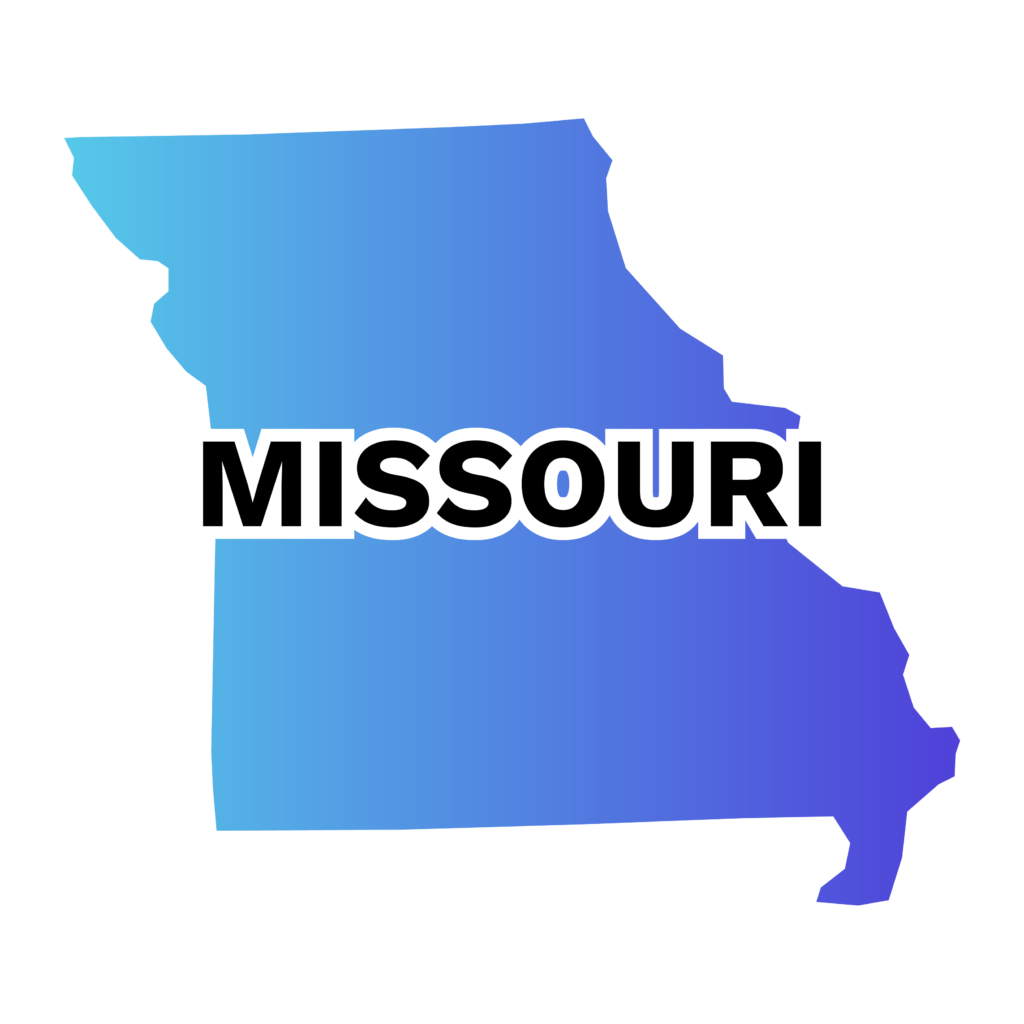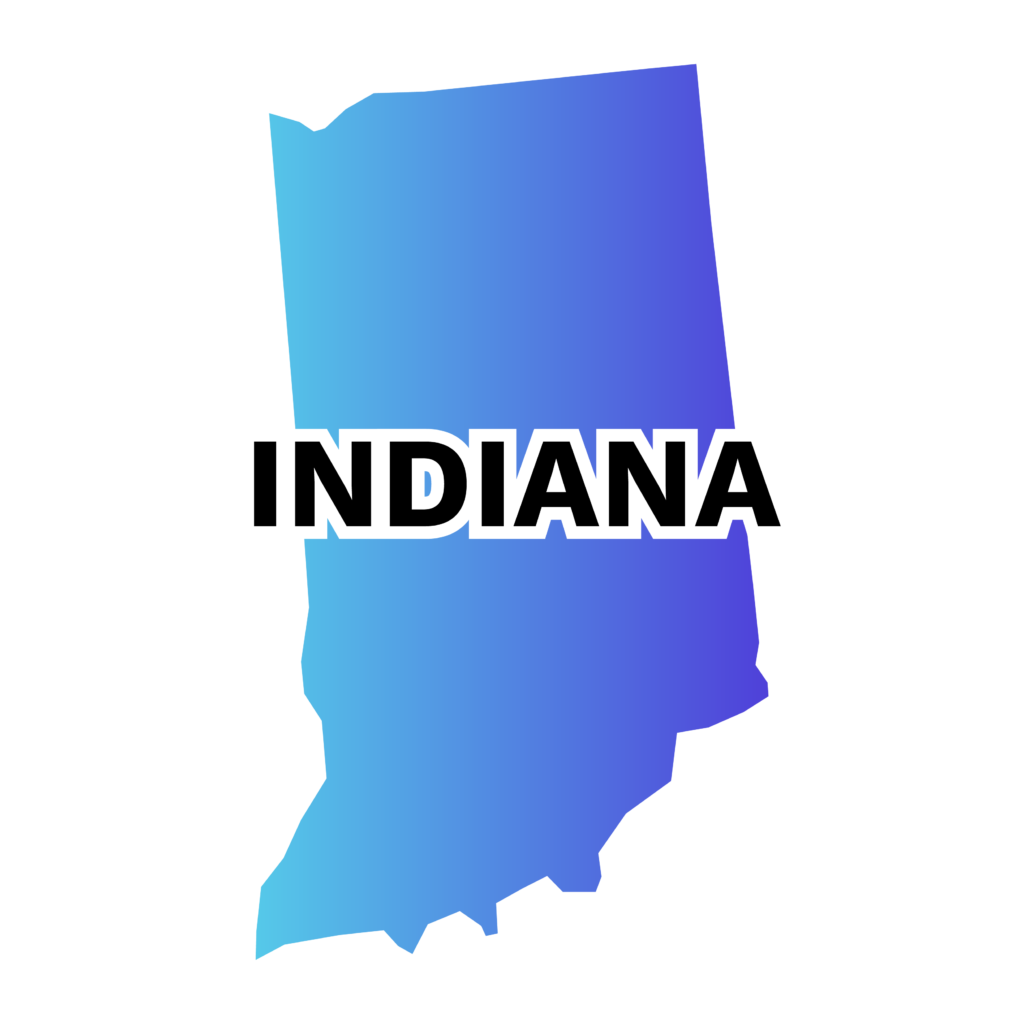With the accounting profession experiencing a dynamic shift, there’s an exciting update you should be aware of. According to the National Association of State Boards of Accountancy (NASBA), significant changes are coming to the Uniform CPA Examination® in 2024 as part of the CPA Evolution initiative. But what does this mean for you as an aspiring CPA in Nebraska?
Nebraska presents a unique journey towards CPA licensure, requiring candidates to complete 150 credit hours. Interestingly, you can sit for the CPA exam 60 days before fulfilling these educational requirements. But here’s an important twist: Nebraska operates on a two-tier system, meaning you’ll first receive a certificate and then your full license to practice. This process is about to undergo some significant changes.
So, what does this evolving landscape mean for your aspirations to become a CPA in Nebraska? Let’s dive into the specifics and prepare you for a successful journey in the ever-changing world of accounting.
Steps to Get a CPA License in Nebraska
- Fulfill the educational requirements: Bachelor’s degree with an accounting concentration and 150 semester units from an accredited university.
- Sit for and pass the CPA exam: You can take the exam 60 days prior to completing your education requirements.
- Complete the AICPA Ethics Exam: A crucial step in demonstrating your understanding of professional standards.
- Gain the necessary work experience: 2 years (4,000 hours) of accounting experience supervised by an active CPA licensee.
- Submit all required CPA license application paperwork: Ensure accuracy and completeness for a smooth process.
- Pay the CPA license application fee: A final step in the application process.
CPA Licensure Requirements in Nebraska
Navigating the path to becoming a Certified Public Accountant (CPA) in Nebraska involves meeting specific criteria set by the Nebraska Board of Public Accountancy. These requirements are designed to ensure that all CPAs possess the necessary knowledge, skills, and ethical understanding to uphold the profession’s standards. Below is a detailed breakdown of the general requirements, education, and work experience needed to obtain a CPA license in Nebraska.
General Requirements
- Residency and Age: Candidates must be a resident, employee, or maintain an office in Nebraska. There is no minimum age requirement.
- Ethics Exam: Successful completion of the AICPA Ethics Exam is mandatory.
- CPA Exam: Pass all four sections of the CPA Exam with a minimum score of 75%.
- Application: Complete and submit all required CPA license application paperwork.
- Fees: Pay the necessary CPA license application fee.
Education Requirements
- Degree and Credit Hours: A bachelor’s degree or higher with a concentration in accounting. Candidates must have completed 150 semester units from an accredited university.
- Accounting Courses: At least 30 semester units in accounting at the intermediate level or above.
- Business Courses: A minimum of 36 semester units in general business courses.
- Early Examination: Candidates may sit for the CPA exam up to 60 days prior to fulfilling these educational requirements.
Work Experience Requirements
- Duration and Supervision: Candidates must complete 2 years (equivalent to 4,000 hours) of accounting experience. This experience must be supervised and verified by an active CPA licensee.
- Nature of Work: The work should be performed within a licensed, public accounting firm or in a role that provides equivalent experience in accounting, attestation, management advisory, financial advisory, tax, or consulting services.
- Documentation: Proper documentation of work experience is required for the licensure application.
Ethics Course and Exam Requirements
In Nebraska, passing the AICPA Ethics Exam is a pivotal step in the journey towards becoming a Certified Public Accountant (CPA). This requirement underscores the profession’s commitment to upholding the highest standards of integrity and professionalism. Here’s a detailed look at the ethics exam requirements, including the course content, study resources, and preparation strategies.
Course and Exam Overview
- Exam Requirement: Successful completion of the AICPA Ethics Exam is mandatory for CPA licensure in Nebraska.
- Pricing: The AICPA Ethics Exam course, including the exam, is priced at $299. AICPA members can avail of a discounted rate of $245.
- Content Focus: The exam primarily revolves around the AICPA Code of Professional Conduct. It covers crucial ethical principles that CPAs must adhere to, such as independence, integrity, objectivity, and general standards. The exam also includes scenarios that test the application of these principles in real-world situations.
Study Resources
- Official Course Material: The AICPA provides a comprehensive ethics course, which includes a textbook and practice questions. This self-study course is designed to be both a study guide and the primary source material for the exam.
- Additional Resources: Candidates can also explore online courses, webinars, and seminars offered by educational institutions and CPA review companies. These resources often provide diverse perspectives and supplementary information on professional ethics.
Preparation Tips
- Deep Dive into the Code of Professional Conduct: Gain a thorough understanding of the AICPA Code of Professional Conduct. Focus on the rationale behind the rules to better apply them in various scenarios.
- Real-World Application Practice: Enhance your learning by applying ethical principles to case studies and practice questions. This approach helps in moving beyond mere memorization to practical application.
- Structured Study Schedule: Develop a consistent study schedule, dedicating specific times for reviewing course materials. Regular study sessions are crucial for retaining and understanding the ethical standards.
- Leverage All Resources: Utilize the full range of available resources, including the official AICPA course materials, online forums, and additional reading materials that delve deeper into the realm of professional ethics.
- Practice Exams: Engage with practice tests to familiarize yourself with the exam’s format and question types. Practice tests are also beneficial for identifying areas that might require more focused study.
By focusing on these key areas and leveraging the available resources, candidates in Nebraska can effectively prepare for the AICPA Ethics Exam. This preparation not only aids in passing the exam but also fosters a profound understanding of the ethical standards critical to the accounting profession.
Nebraska CPA Exam Fees
Becoming a Certified Public Accountant (CPA) in Nebraska involves a series of steps, including the submission of various applications and the payment of associated fees. Here’s a detailed breakdown of the fees for first-time applicants and re-examination candidates:
First-Time Exam Applicants
- Initial Admin Fee: $15.00
- Application Fee: $150.00
- Exam Section Fees: $344.80 per exam section
- Education Evaluation Application Fee: $105.00
- This fee is for evaluating educational credentials to determine eligibility for the CPA Exam.
| CPA Exam Per Section | $344.80 |
| Education Evaluation Application Fee | $105 |
| Admin Fee | $15 |
| Application Fee: | $150 |
Re-Examination Candidates
- Registration Fee: $75.00
- Exam Section Fees: $344.80 per exam section
Additional Services
- Advisory Evaluation: $100.00 (optional)
- This service helps identify any academic deficiencies in your education before submitting a first-time application for the Exam.
CPA Evolution and Exam Changes in 2024
The CPA profession is on the brink of a significant transformation with the CPA Evolution initiative, set to take effect in 2024. This initiative, a joint effort by the American Institute of CPAs (AICPA) and the National Association of State Boards of Accountancy (NASBA), aims to revamp the CPA licensure model to better align with the rapidly changing skills and competencies the accounting profession demands in the modern business world.
General Changes in the CPA Exam
- New Exam Structure: The CPA Exam will transition to a Core + Disciplines model. This structure includes a consistent core in Accounting, Auditing, Tax, and Technology, reflecting the deep knowledge every CPA should possess.
- Specialization Disciplines: Candidates will choose one of three disciplines to demonstrate deeper skills and knowledge: Business Analysis and Reporting (BAR), Information Systems and Controls (ISC), or Tax Compliance and Planning (TCP).
- Updated Content: The exam content will be updated to include more emphasis on technology and analytical skills, preparing new CPAs for the evolving demands of the profession.
Specific Changes for Nebraska
- State Board Adaptation: The Nebraska State Board of Public Accountancy will adapt its licensure requirements to align with the new CPA Evolution model. This includes updating the educational and examination requirements to reflect the new exam structure.
- Transition Policies: Candidates who have started taking the CPA Exam under the current structure but will continue into 2024 should be aware of transition policies. These policies will detail how credits from the current exam sections will apply to the new structure.
- Educational Requirements: Nebraska educational institutions offering accounting programs are expected to revise their curricula to prepare students for the new exam format, ensuring that graduates possess the skills and knowledge relevant to the core and chosen discipline.
Preparing for the Changes
- Stay Informed: Candidates in Nebraska should regularly check updates from the Nebraska State Board of Public Accountancy and NASBA for specific details on how the state will implement these changes.
- Review Study Materials: CPA review courses and study materials will be updated to reflect the new exam structure. Candidates should ensure they are using the latest resources that align with the CPA Evolution model.
Expert Tips to Become a CPA in Nebraska
As a seasoned CPA, I have navigated the complexities of the accounting profession and understand the unique landscape of Nebraska’s CPA licensure process. Here are two tips that I believe are particularly relevant for aspiring CPAs in the Cornhusker State.
Firstly, embrace the local nuances of Nebraska’s accounting standards and regulations. While the CPA exam is uniform across states, Nebraska has its own set of business laws and tax regulations that are crucial for practice within the state. I recommend supplementing your CPA exam preparation with a focus on Nebraska-specific accounting practices. This can be achieved through state-focused CPE courses or by engaging with local chapters of accounting organizations like the Nebraska Society of CPAs. Understanding these local nuances not only prepares you for the exam but also equips you with practical knowledge that will be invaluable in your professional practice.
Secondly, leverage Nebraska’s strong community of accounting professionals. Networking is key in our field, and Nebraska offers a close-knit community where connections can lead to mentorship opportunities, career advice, and insights into the local accounting landscape. Attend local NESCPA events, participate in forums, and don’t hesitate to reach out to experienced CPAs in the state. These relationships can provide support and guidance as you embark on your CPA journey, offering a blend of professional growth and personal development that is unique to Nebraska’s accounting community.
CPA Exam Resources and Local Organizations in Nebraska
- Nebraska State Board of Public Accountancy
- NASBA – Nebraska
- Nebraska Department of Education – Postsecondary & Career Education
- Nebraska Society of CPAs
For more details, contact:
Nebraska State Board of Public Accountancy
1526 K Street, Suite 410
Lincoln, NE 68508
Phone: 402-471-3595
Fax: 402-471-4484
FAQs
In Nebraska, you need a bachelor’s degree or higher with a concentration in accounting and a total of 150 semester units from an accredited university. This must include 30 semester units in accounting at the intermediate level or above and 36 semester units in general business courses.
Yes, you can sit for the CPA exam in Nebraska up to 60 days prior to fulfilling the 150-semester unit educational requirement.
Yes, you must be a resident, employee, or have an office in Nebraska to apply for CPA licensure in the state.
The exam section fees are $344.80 per section. Additionally, first-time applicants must pay an initial admin fee of $15 and an application fee of $150. Re-examination candidates are required to pay a registration fee of $75.
You need 2 years (4,000 hours) of accounting experience supervised by an active CPA licensee.
Yes, passing the AICPA Ethics Exam is a requirement for CPA licensure in Nebraska.
The CPA Exam will transition to a Core + Disciplines model, including a consistent core in Accounting, Auditing, Tax, and Technology, and a choice among three disciplines: Business Analysis and Reporting (BAR), Information Systems and Controls (ISC), or Tax Compliance and Planning (TCP).
You can apply through NASBA’s CPA Examination Services by creating an account on their dashboard, submitting your educational credentials for evaluation, and then applying for specific exam sections.
An Advisory Evaluation, costing $100, is an optional service that identifies any academic deficiencies in your education before you submit a first-time application for the CPA Exam. It’s helpful if you’re unsure about meeting the educational requirements.
CPA licenses in Nebraska must be renewed every 2 years and complete 80 CPE hours.
Bryce Welker is a regular contributor to Forbes, Inc.com, YEC, and Business Insider. After graduating from San Diego State University, he went on to earn his Certified Public Accountant license and created CrushTheCPAexam.com to share his knowledge from reviewing hundreds of accounting courses while helping thousands of other accountants become CPAs. Bryce was named one of Accounting Today’s “Accountants To Watch” among other accolades. As Seen On Forbes
